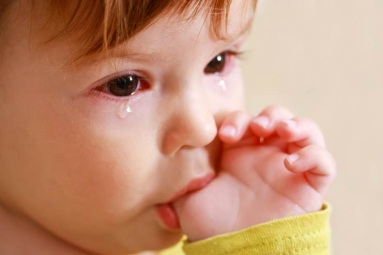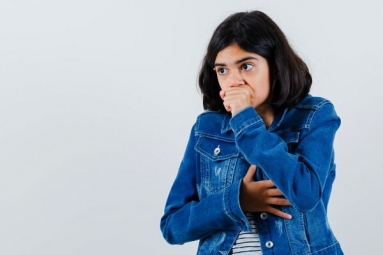
It’s common knowledge that kids are more prone to catch a cold or get infected, causing your overprotective motherly instinct to work overtime. We are here to soothe your soul and ensure that your little angel doesn’t fall under the spell of germ-laden demons. A list of vaccinations have been rolled out with experts’ help, to keep her at the prime of her health.
Why vaccination is necessary?
Dr. (Maj) Manish Mannan, Consultant, Pediatrics and Neonatology, Paras Hospitals, Gurgaon says, “The age old saying, ‘Prevention is better than cure’ stands true and the science of medicine has now advanced to preventing a person from getting diseased rather than curing the disease. This is also the reason why we have so many preventive health checks nowadays.”
Immunisation begins at birth since the child comes out of a sterile environment and is prone to being affected to diseases. Vaccination prepares the body to fight illnesses and even prevents the spread of communicable diseases.
“Vaccinations are important to prevent a child from serious complications. Soon the child will begin to develop immunity and start to naturally produce antigens,” says Dr. Anjana Thadhani, a renowned developmental paediatrician.
Immunisation laws differ from country to country, varying on the needs of its junior citizens. A number of factors are taken into consideration such as the affordability and availability of the vaccine and its side effects on children.
According to Dr. Mannan, “All countries have laid down their vaccination schedules depending on the need and affordability. Apart from government bodies, Paediatric bodies like the Indian Academy of Paediatrics and the American Academy of Paediatrics also issue vaccine guidelines.”
How it has Helped
“In the early 1930 - 40’s, the infant mortality rate (number of deaths per 1000 live births) was more than 150. Today because of effective vaccination programmes in the country the figure has come to below 60,” he specifies.
Many life threatening and debilitating illness like- Diptheria, Pertusis, Tetanus, Tuberculosis, Polio, Hepatitis A and B, Measles, Rubella, Mumps, Chickenpox, Rotavirus diarrhoea, meningitis, typhoid, pneumococcal diseases and so on can be prevented.
For the welfare of its young citizens, the Indian government has suggested getting children vaccinated for at least five of the above mentioned death scares, namely, polio, tuberculosis, measles, tetanus and pertussis. The Indian academy for paediatrics (IAP) too has recommended hepatitis B, typhoid, HIB, MMR and HPV vaccines.
It is worth noting that most of modern vaccines are not provided by the Government in India, and most patients have to spend from their pocket. Many may not opt for certain recommended vaccines owing to financial constraints. One must also remember that just like any other medicine, vaccines may also have some side effects which may range from common maladies like fever and pain to rare ones like anaphylaxis (serious allergic reaction).
“There are standard guidelines laid down in every region of the world for vaccination in that particular region. Minor variations are acceptable, but broad guidelines must be followed,” says Dr. Mannan.
However when we weigh the pros and cons, the advantages of vaccination greatly outweigh the side effects. The Indian academy for paediatrics in 2012 announced a new immunisation schedule. Here’s a concise list of all the vaccines as per the new schedule to help you keep a track your child's immunisation schedule.
Souce: Idiva











